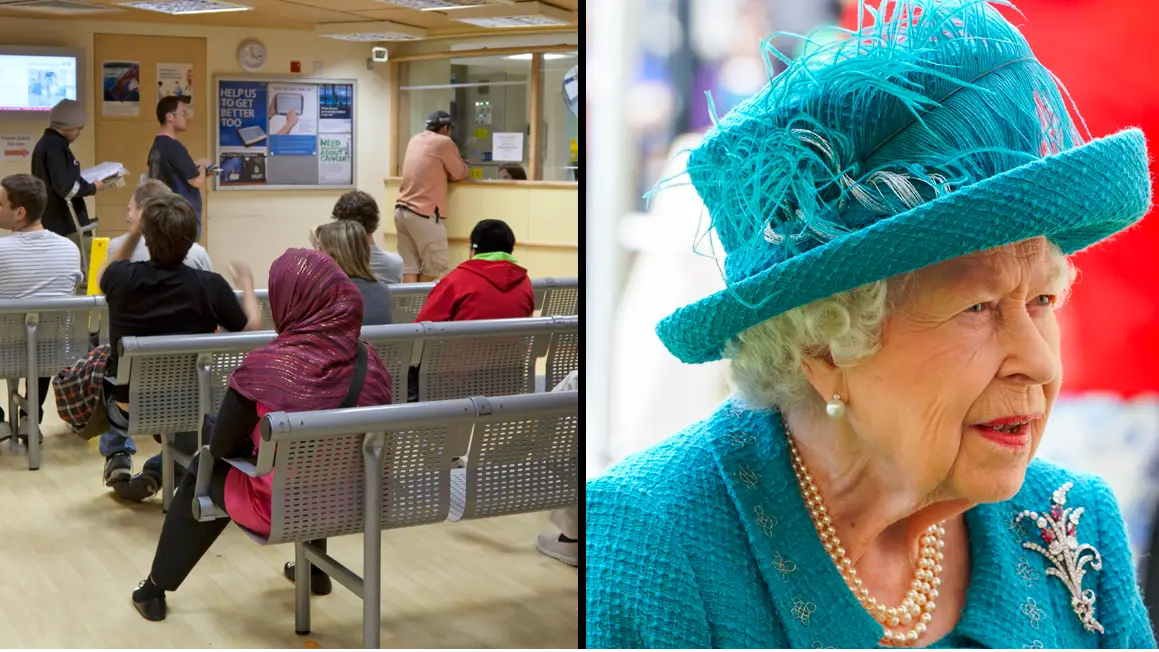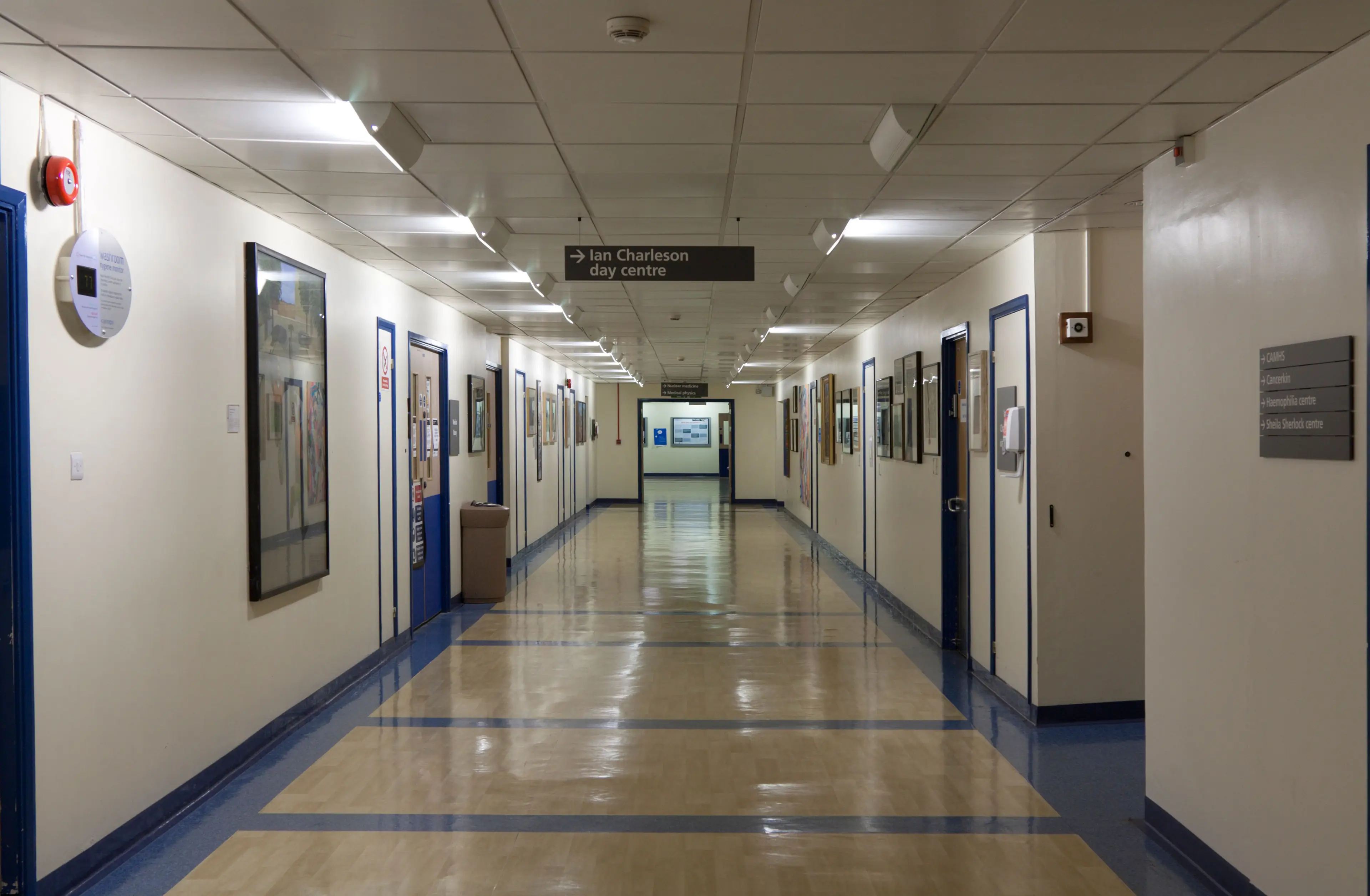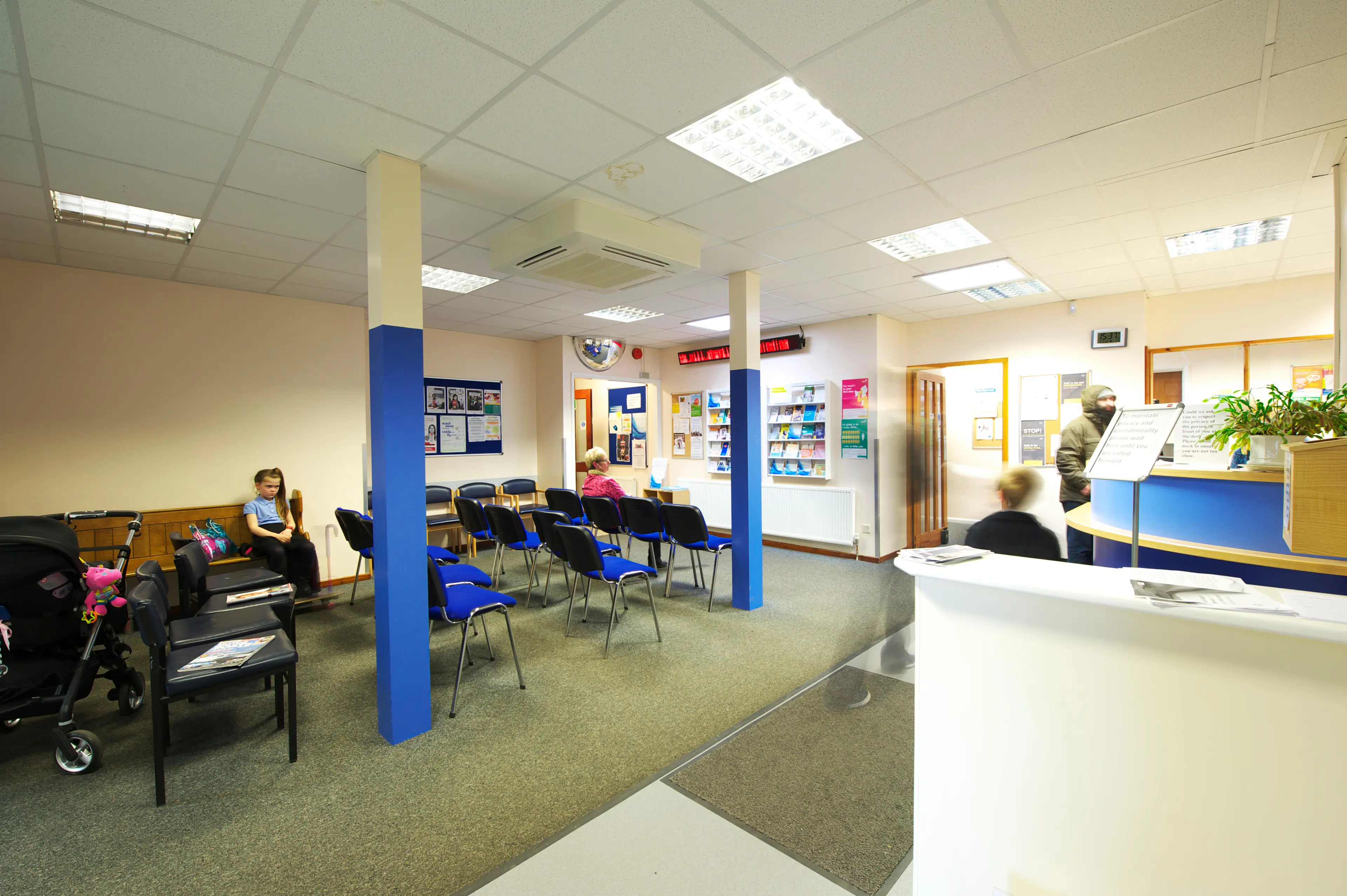
A number of hospitals in the UK have decided to rearrange appointments because of the Queen's funeral.
The funeral of Queen Elizabeth II, who died on 8 September aged 96, is set to be a bank holiday where many people will get the day off work.
However, a bank holiday doesn't guarantee you the day off and whether or not you'll have the day free is 'a matter for discussion between you and your employer' as there is not guaranteed entitlement to time off.
Some people will be working, especially since certain services need to be up and running whether it's a bank holiday or not, but plenty of Brits will be able to take the day off.
Advert
In a letter signed by Dr Ursula Montgomery, NHS England's director of primary care, GP practices were told they could close if they wanted to.
The letter also told GPs intending to close up on 19 September that they would need to make it clear to potential patients where else they could access primary care.

According to openDemocracy, thousands of patients have had their appointments cancelled because of the Queen's funeral.
They report that some NHS trusts have decided to postpone all non-urgent procedures and clinic appointments, possibly leaving some patients who had been waiting months for treatment in the lurch.
In a letter to one patient telling them their scheduled procedure was being delayed, the patient was told it was because of 'unforeseen circumstances'.
When contacted, NHS England said they sent out information to their trust on what to do on a bank holiday, and that the decision to reduce services or not was a decision left to the individual trusts themselves.
The NHS has asked for anywhere taking the bank holiday to contact patients and ensure everyone involved knows what to expect on 19 September.

The British Medical Association (BMA) says that more patients than ever are waiting for treatment, with figures up to July 2022 saying that 6.84 million people are stuck on a waiting list, up significantly from 4.05 million two years ago.
Of those waiting for treatment, 2.67 million have been waiting more than 18 weeks to receive treatment, while 377,689 have been waiting over a year for treatment, before the pandemic hit that figure was just 1,032.
Right now the median average time a person spends on an NHS waiting list is 13.3 weeks, but hospitals are also concerned about the 'hidden backlog' of people who need treatment but have not yet sought out medical help.
The BMA says the long backlogs and the 'hidden backlog' are 'storing up greater problems for the future', which they say will lead to 'worsened conditions down the line' and 'greater demand on health services'.